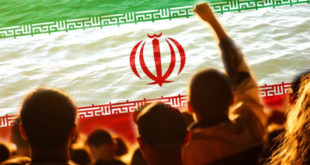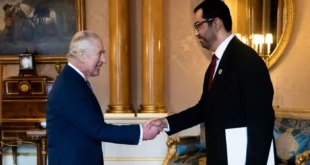In an article published by the Carnegie Moscow Center, analyst Dmitry Trenin warns that Russia’s relationship with Germany is nosediving thanks to Alexey Navalny’s poisoning. In fact, Moscow’s ties to Europe generally are now teetering on total alienation, Trenin says, arguing that a series of scandals has ousted the last remaining pro-Russian politicians in the West and controversies surrounding Russian political interference have frozen any chances of reducing the sanctions that have been in place since the war in Ukraine.
If Angela Merkel actually abandons the Nord Stream 2 pipeline (something Trenin seems convinced she will do), Putin will feel “stabbed in the back” (after releasing Navalny for treatment in Berlin) and the Kremlin will cease to expect reciprocity from Berlin — ending more than 30 years of a “special relationship” that’s maintained European peace since the USSR’s collapse (and even longer, if you go back to WWII).
Without its German partners, Moscow will be more inclined to view its European “colleagues” as American pawns with nothing to offer Russia but hybrid war and “containment,” says Trenin. He advises a “pause” in Russo-German relations — enough time for Germany to sort out its domestic politics and energy goals. Russia, meanwhile, should cool its “diplomatic” rhetoric and consider that it has failed to produce persuasive excuses for past “incidents,” like the poisonings of Alexander Litvinenko and the Skripals and the downing of MH17.
 Eurasia Press & News
Eurasia Press & News


